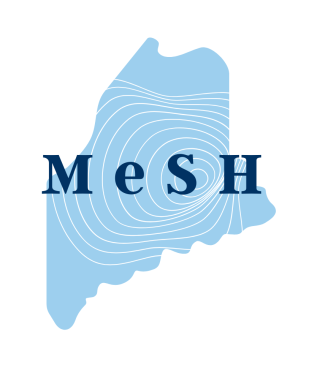Service Learning Courses
Course offerings are subject to change. We will try to keep this list updated but please verify information in the Undergraduate Catalog if you see a course that is of interest.
Service Learning courses incorporate real life experience and collaborations into their academic content with flexible projects. Attending one of these courses can be a unique and rewarding experience. Service learning projects are generally carried out with local businesses, nonprofits, and stakeholders, and pertain to local issues related to relevant course concepts. These projects allow students to gain first hand experience in a variety of issues and responsibilities.
Communication and Journalism
CMJ 407 – SL- Environmental Communication
Study and create effective communication about, for, and with the environment. Use a service learning model to create projects that connect communication theory and practice with complex social and environmental problems in communities.
Economics
ECO 381 – SL: Sustainability Science, Policy, and Action
Sustainability concerns not just environmental balance but also social, economic, cultural and ethical factors – that is, nearly everything. Sustainability science is the research field that attempts not only to study this unwieldy group of subjects, but also to motivate positive change toward more sustainable societies. This course explores the scientific foundation of the global environmental sustainability crisis, the economic, social and ethical ramifications of that crisis, and surveys the prospects and challenges in the quest to define, measure and achieve sustainable societies. We also step beyond the academic classroom to accomplish sustainability research and service in the larger community with a semester-long integrated service learning project. This course has been designated as a UMaine service-learning course.
ECO 405 – SL: Sustainable Energy Economics and Policy
This course examines tradeoffs associated with the technical, economic, environmental, and social implications of energy supply, distribution, and use in the context of transitioning toward a sustainable energy future. Students examine a variety of renewable and non-renewable energy options for electricity, heating and transportation. Students assess quantitative and qualitative indicators of sustainability related to greenhouse gas emissions and climate change, air and water quality, human health and safety, energy security, wildlife and the environment, as well as technological efficiency and availability. They examine the effect of policies (e.g., carbon prices, emissions targets, efficiency requirements, renewable portfolio standards, feed-in tariffs) on these indicators and tradeoffs. The course provides brief introductions to environmental life cycle assessment, social benefit cost analysis, and multi-criteria decision analysis, as they apply to energy issues. Students apply course concepts to a service-learning project in which they work with people from surrounding communities on local sustainable energy solutions. Field trips may be required. Students may not receive credit for both ECO 405 and ECO 505.

